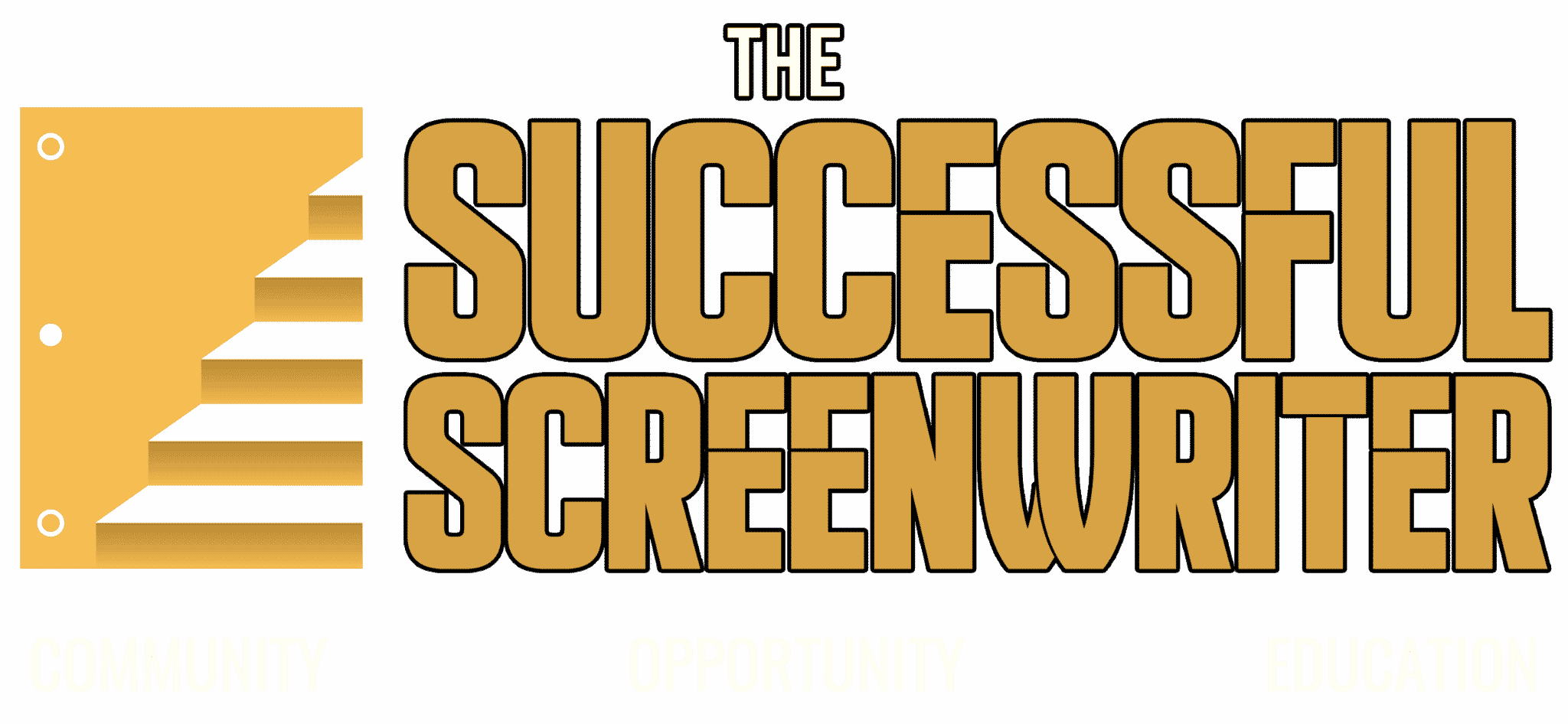This is a question I was recently asked. It opens up a fascinating discussion about the evolution of storytelling across different media.
The Beginnings in Theater
Screenwriting has its earliest roots in the world of theater. Ancient Greek tragedies and Shakespearean plays are prime examples of how structured scripts were used to direct performances on stage. These scripts detailed everything from character dialogues to stage directions, setting the foundation for narrative storytelling. The purpose was clear: to communicate the writer’s vision to the actors and directors, ensuring that the story was presented as intended.
Transition to Radio
As technology evolved, storytelling found new avenues. One significant shift occurred with the advent of radio in the early 20th century. Radio dramas became immensely popular, translating the visual elements of plays into purely auditory experiences. Screenwriting adapted to this new format by focusing more on dialogue and sound cues, which guided the imagination of the audience. Scripts became more descriptive in terms of sound effects and voice modulations, highlighting the shift from visual to auditory storytelling.
The Shift to Film
With the invention of the film camera, screenwriting underwent another transformation. Early films during the silent era relied heavily on exaggerated actions and title cards to convey dialogue and narrative. However, as films incorporated sound, the need for a more complex script became evident. The introduction of “talkies” in the late 1920s revolutionized screenwriting. Now, scripts included detailed dialogues and sound instructions, bridging the gap between the silent and sound eras in cinema.
Today, screenwriting for films involves a meticulous blend of dialogue, character development, and visual descriptions. It serves as the blueprint for the film, guiding directors, actors, and the production team in bringing the story to life. It’s not just about the words spoken; it’s about setting the scene and guiding the emotional and psychological depth of the characters and the narrative.
Why Screenwriting Is Crucial
Screenwriting is more than just writing; it’s an essential form of communication in the filmmaking process. It ensures that the vision of the story is consistent from the writer to the viewer. It also acts as a detailed plan that helps the production crew visualize and prepare scenes, from budgeting to set design, ensuring that the film stays true to the writer’s original intent.
Screenwriting Serves as Several Functions in Filmmaking Such As:
- Foundation of the Narrative: Screenplays are the foundation of all film productions, outlining the narrative arc, character interactions, and key events. This script acts as a roadmap for directors, actors, and the entire production team.
- Communication Tool: A screenplay is a critical communication tool that conveys the writer’s vision to the rest of the production team. It ensures that everyone involved in the making of the film is aligned with the director’s and screenwriter’s vision.
- Blueprint for Production: Screenplays help in planning the production logistics. They are used to estimate budgets, determine locations, and schedule shooting. The script outlines all the necessary components, from props to special effects, that need to be prepared for each scene.
- Guideline for Performance: Actors rely on the screenplay not just for their lines but for understanding their characters’ motivations, emotions, and relationships. This helps in delivering more authentic and nuanced performances.
- Regulatory Framework: In many ways, a screenplay also acts as a regulatory framework during filming. It helps ensure that the film adheres to the planned storyline and thematic elements, even as directors add their creative flair.
Understanding the history of screenwriting from plays to radio to films not only highlights its importance but also shows how adaptive and integral it has been in the evolution of storytelling. As we continue to explore new forms of media, the principles of screenwriting remain a fundamental part of telling compelling and engaging stories.
Want more? Check out these free screenwriting resources!
Gain instant access to a wealth of resources tailored to elevate your craft and help get your work noticed:
- Over 100 Screenplays: Immerse yourself in our vast library of critically acclaimed films.
- Interactive Forums: Join discussions with fellow writers and industry experts.
- Logline Builder: Craft compelling pitches that grab attention.
- Industry Insights: Benefit from interviews and workshops with professionals.
- Script Requests by Producers: Get your script in front of the eyes that matter with exclusive leads and requests from our sponsor at InkTip.
Seize the opportunity to transform your screenplay from good to unforgettable, all at no cost to you.
Join for Free Now – Your script deserves the spotlight. Let’s make it happen.


